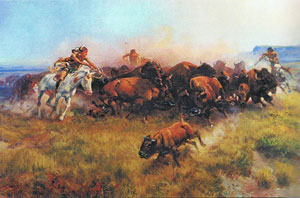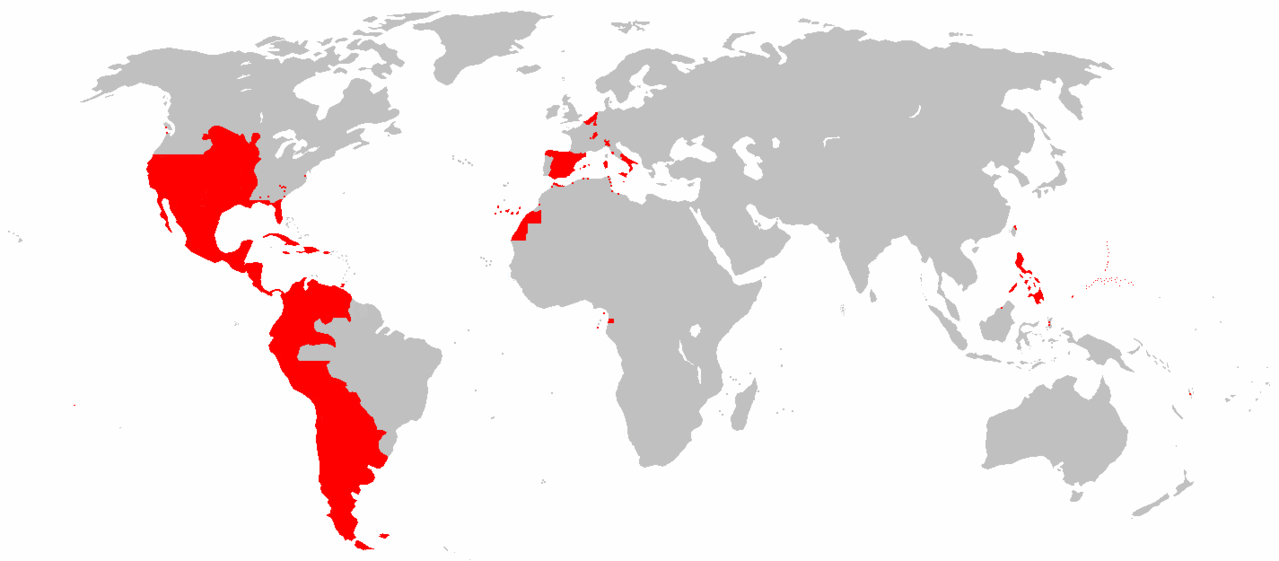Sunni Man
Diamond Member
Mustang's are basically feral European horses that are a mixture of many breeds. They have adapted to their harsh environment over the centuries in North America's vast plains and desert regions.
Although not a subspecies, their physical bodies have been modified in stature and size due to living in rugged terrain, harsh climate, and scrub grass diet.
Although not a subspecies, their physical bodies have been modified in stature and size due to living in rugged terrain, harsh climate, and scrub grass diet.
Last edited:






